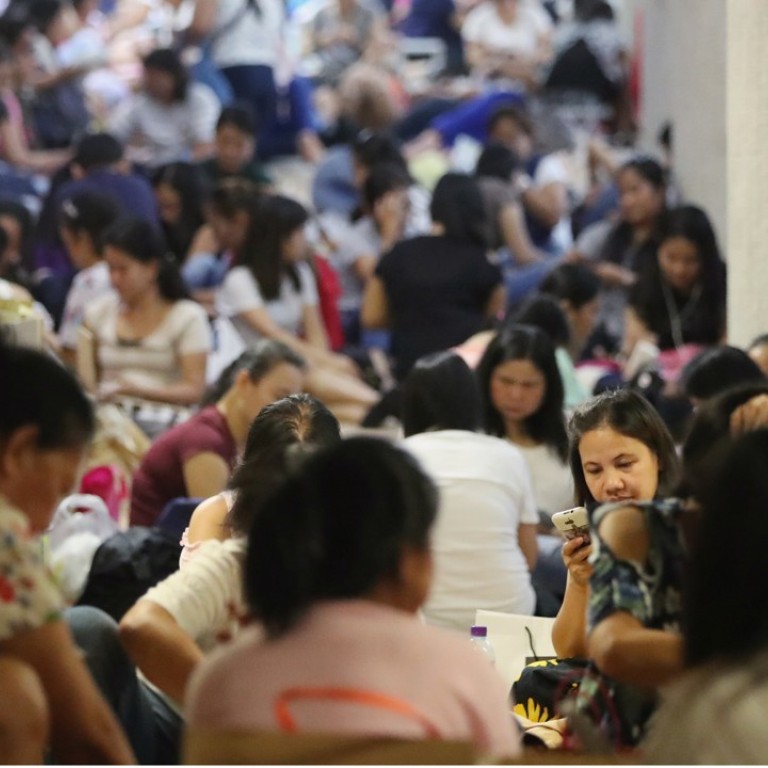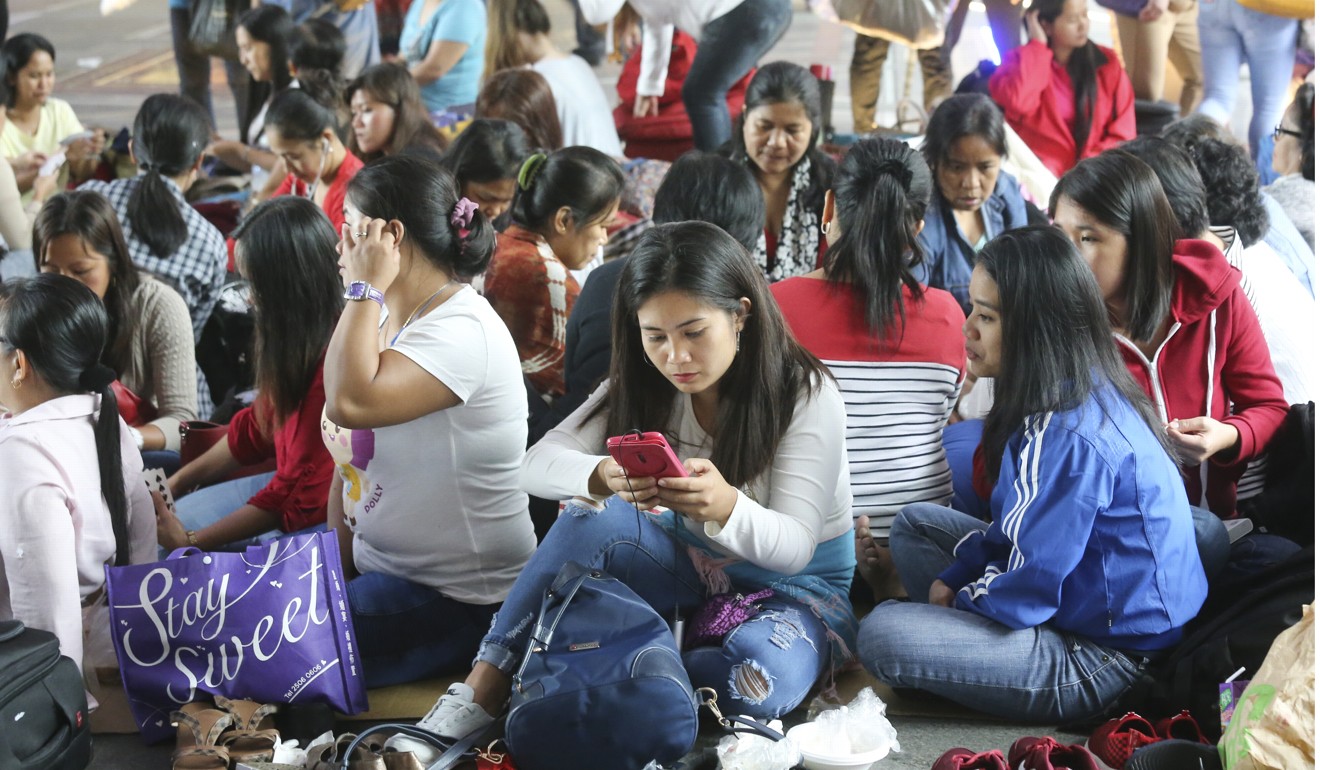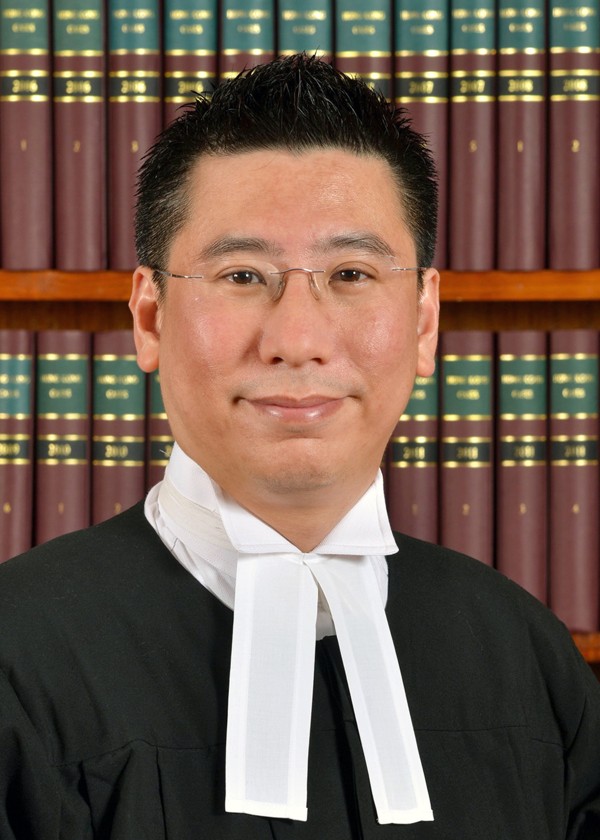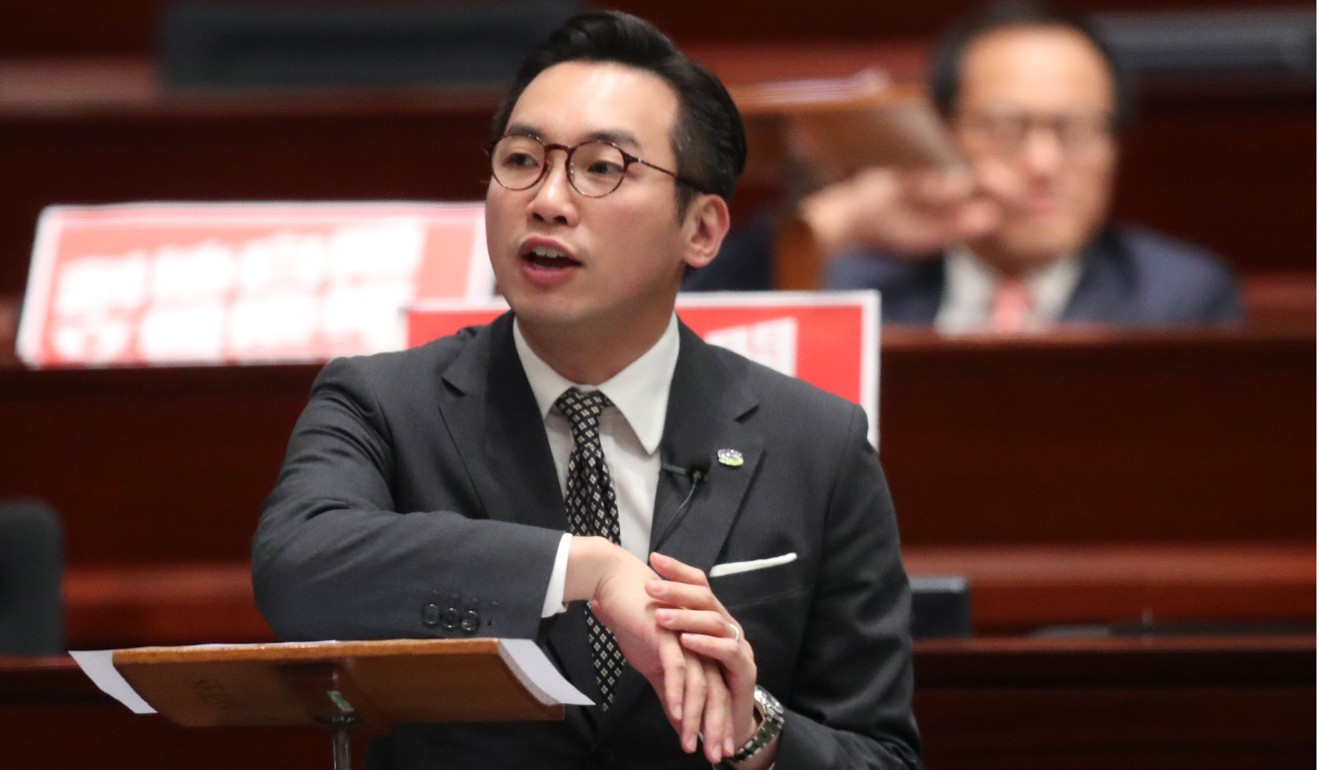
Hong Kong’s Labour Tribunal ordered to reconsider refusal to hear migrant workers via video
Judge rules tribunal must look again at application by Filipino to speak to the panel via video link, in decision charity says is a victory for those engaged in disputes from offshore
Hong Kong’s High Court has ordered the Labour Tribunal to reconsider its refusal to let a former domestic helper appear in court via video – a move a regional charity called a “victory” for all 360,000 migrant workers in the city.
While video conference calls are sometimes used in trials at the High Court and District Court, the practice is not used at the tribunal, which handles monetary disputes between companies and employees.
As a result, migrant workers who leave the city often have to forgo their claims, according to charity Justice Without Borders.
However, in a judgment issued on Thursday, Madam Justice Bebe Chu Pui-ying wrote that not allowing a claimant to be heard via video could mean she or he “would be deprived of a fair and public hearing, or the chance to proceed with a claim”.

According to the 33-page judgment, a claim was launched in October 2016 by former domestic worker Mallorca Domingo against her former employee, Ng Mei-shuen.
Domingo, a Philippine national, alleged she had been slapped by Ng and “dismissed without proper grounds” in September 2016.
The worker subsequently lodged a claim for HK$12,230 to cover lost wages and the cost of travel between the Philippines and Hong Kong.
Elderly care is skilled work, and Hong Kong’s migrant domestic helpers should be recognised for their skills
But the case came to a halt when Domingo returned home in December that year to tend to her sick mother, who was suffering from lung cancer.
She later requested her case be transferred to the Technology Court and that she appear via video conference call, because she could not afford to return.
But the request was shot down by Labour Tribunal presiding officer David Chum Yau-fong in March last year. Domingo then filed an appeal with the High Court, which was heard this June.

In her judgment, Chu wrote that Chum’s exercise of discretion was “plainly wrong”.
“It did not achieve a just result and did not secure or promote convenience and expedition and efficiency in the administration of justice,” Chu wrote.
She ordered the tribunal to hear again Domingo’s application to appear by video, but this time by a different presiding officer.
Justice Without Borders, which has been aiding Domingo and other migrant workers with cross-border claims, said the ruling was “good news”.
“This decision is a victory for every non-governmental organisation, labour union and migrant worker in Hong Kong,” the group’s executive director Douglas MacLean said.
MacLean, an American lawyer who founded the charity, said many workers had been forced to give up their claims upon leaving the city.
“Their only option would have been to fly back to Hong Kong,” MacLean said, and the cost often outweighed the money they were seeking.
He said the tribunal would now be “responsible” for acting on the High Court’s ruling, and his charity would continue helping workers with their claims.
In the past two years the organisation has handled more than 40 cross-border labour claims in Hong Kong and Singapore.
It had 23 ongoing cases and about 70 on a waiting list, MacLean said.

Civic Party leader Alvin Yeung Ngok-kiu, a barrister, said the use of video calling could help facilitate claims at the tribunal. But he noted that applications to use video required meeting certain conditions in other courts that had not yet been applied to the Labour Tribunal.
Yeung said he did not expect video calling to add to the workload of presiding officers.
According to the government, the number of foreign domestic workers employed in Hong Kong is about 380,000, half of whom are Filipinos.

